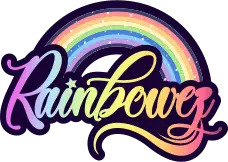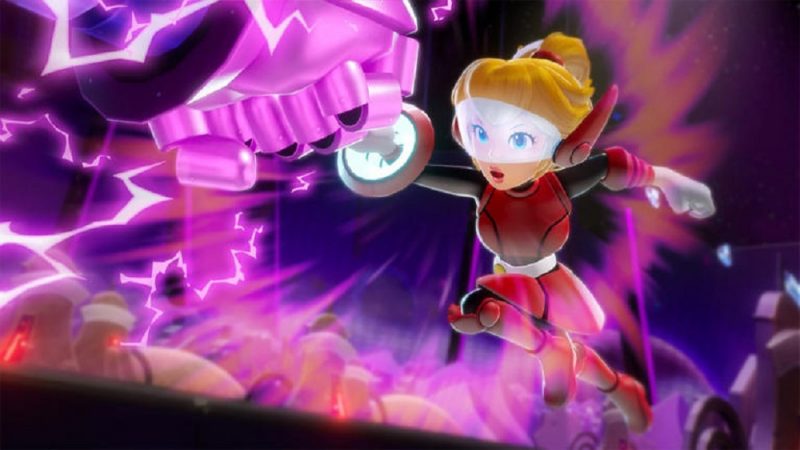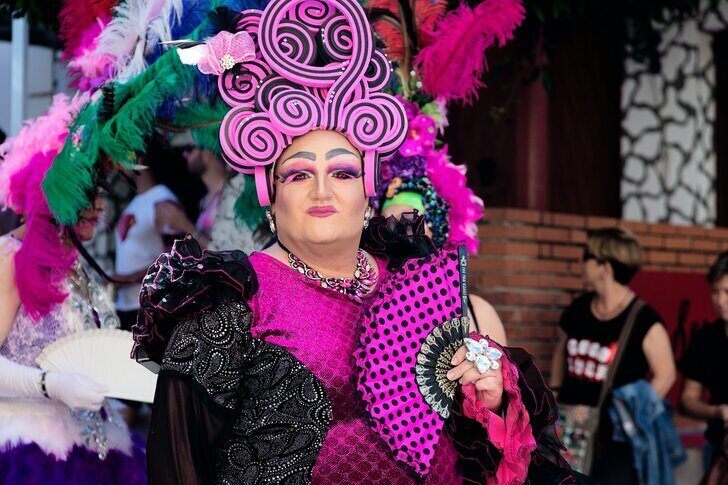The rise of video game heroines has reshaped the gaming landscape, offering more nuanced and empowering female protagonists. These heroines are no longer side characters or damsels in distress but lead their own narratives and face unique challenges. With titles like The Legend of Zelda: Echoes of Wisdom and Princess Peach: Showtime!, the gaming industry finally recognizes the importance of diverse female characters, transforming how we view video games.
Video Game Heroines Taking Center Stage
Princess Zelda
For decades, male characters dominated video game narratives, with female characters often relegated to supporting roles. This began to change significantly with The Legend of Zelda: Echoes of Wisdom, where Princess Zelda steps into the spotlight as the main character. Historically, players would control Link, tasked with saving Zelda. Now, Zelda is the one to take control, as she uses her wisdom and powers to solve the kingdom’s challenges.
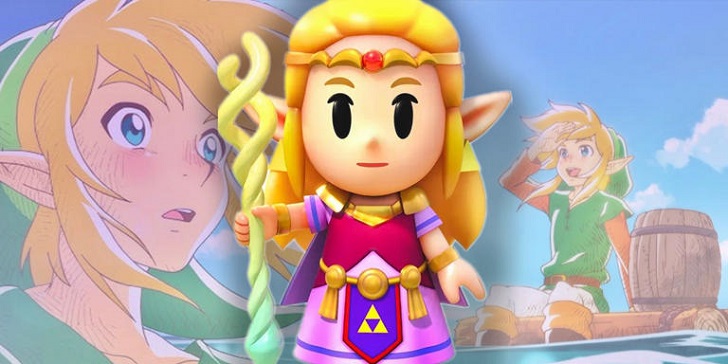
CBR | MSN | The Legend of Zelda: Echoes of Wisdom, Princess Zelda steps into the spotlight as the main character.
This evolution of Zelda’s role demonstrates how far the gaming industry has come in representing female characters. The game addresses long-standing requests for more powerful, independent female protagonists by giving Zelda the chance to be the hero.
Princess Peach
Another beloved Nintendo character, Princess Peach, also steps out of her traditional role with 'Princess Peach: Showtime!'. In this game, Peach takes control of her narrative, playing various roles to save her kingdom’s theater. From Kung Fu Peach to Detective Peach, her latest adventure showcases her versatility and courage. This transformation moves Peach from a supporting role to an empowered heroine with a unique set of skills.
The variety of roles that Peach takes on throughout the game breaks away from the typical portrayals of female characters in video games. It highlights that female protagonists can be multidimensional, offering more dynamic and engaging stories for players to enjoy.
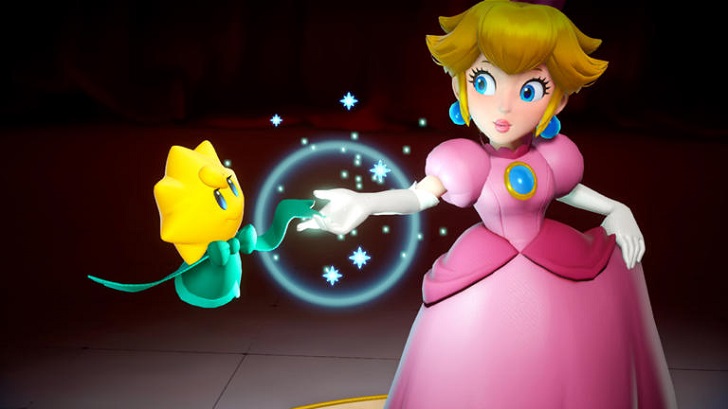
Metro | MSN | In 'Princess Peach: Showtime!', Princess Peach takes control of her narrative, playing various roles to save her kingdom’s theater.
Female Representation Aligns with Growing Female Gamers
The rise of video game heroines like Zelda and Peach mirrors the growing number of female gamers. Research shows that 48% of Australian gamers are women, the highest percentage ever recorded. As more women engage with video games, the demand for diverse and relatable female protagonists has grown. Game developers are increasingly aware that inclusivity is not just a trend but a necessity to cater to an evolving audience.
By featuring heroines like Zelda and Peach, game developers provide female players with more characters they can identify with. This shift benefits not only female gamers but also the broader gaming community by offering a wider range of experiences and perspectives.
Breaking Free from Stereotypes
Historically, video game heroines often conformed to specific stereotypes, either as overly sexualized or emotionless characters. Female protagonists from the 80s and 90s were often portrayed as overly tough, cold, or devoid of emotion in an attempt to subvert the damsel-in-distress trope. However, the portrayal of heroines like Zelda and Peach marks a significant departure from these one-dimensional depictions.
Today's video game heroines are allowed to be complex, strong, and empathetic. Characters like Zelda and Peach are multifaceted, showing that women in games can lead, solve problems, and display emotional depth. This evolution helps to break down the old stereotypes and brings a refreshing change to how female characters are represented in games.
A Long-Overdue Shift in Gaming
The increased focus on video game heroines represents a long-overdue correction in the gaming industry. For too long, women were underrepresented, often relegated to side roles or presented in limited ways. Now, characters like Zelda and Peach lead their own stories, showing that female characters can be as powerful, engaging, and versatile as their male counterparts. This shift marks a new era in gaming, where diversity and representation are becoming central to the experience.
